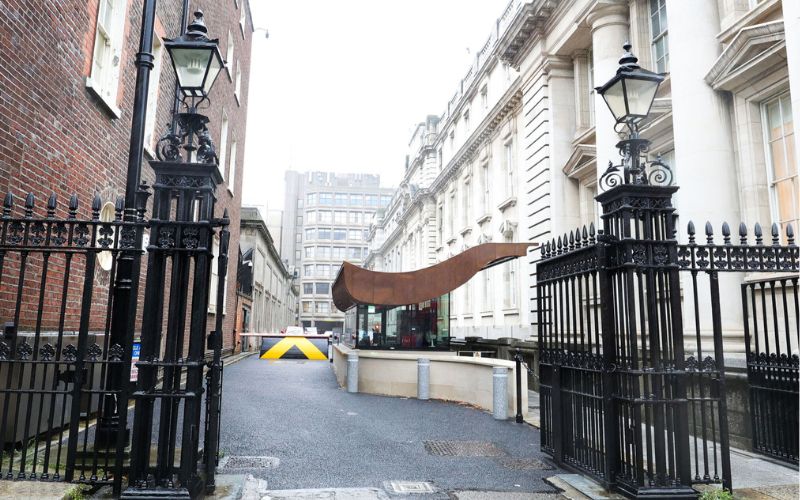A stone was discovered lodged in Natasha McShane’s throat after she was the victim of an assault in Chicago, a court has heard.
McShane’s injuries were so severe that a brain surgeon was immediately told about her admission to hospital.
Heriberto Viramontes is standing trial for the attempted murder of the Irish student and her friend Stacy Jurich in April 2010. The two friends were attacked under a viaduct as they walked home together after a night out. At the time of the assault McShane was a 23-year-old student attending the University of Illinois.
The young woman, from South Armagh, has been left with extensive brain injuries after she was hit with a baseball bat.
On Thursday, the trauma surgeon who was on duty when McShane and Jurich were admitted to Illinois Masonic Hospital gave evidence at Cook County Criminal Court in Chicago, the Belfast Telegraph reports.
Dr Marius Katilius said McShane suffered a traumatic brain injury, with blood discovered both inside and outside the skull. He said she suffered three separate lacerations.
There was "a lot of blood," Dr Katelius said.
He also revealed a scan identified "an opaque structure in the back of the throat." The medical team "pulled out a stone from the back of the throat."
Evidence including McShane’s clothing found at the crime scene was shown to jurors.
Later images of the accused at a gas station were shown. Prosecuters allege he tried to use Stacey Jurich’s credit card less than half an hour after the two women were attacked.
The 34-year-old is charged with two counts of attempted murder and and 23 other charges linked to the savage attack on April 23, 2010.
Earlier this week the court heard from Sheila McShane, Natasha McShane's mother.
She described how her daughter remains severely disabled, incapable of conversation and barely able to communicate.
The jury was shown recent footage of McShane as she was helped to walk. Her vision and balance have been so badly impaired she "skims off to the right" if allowed to walk on her own.
Sheila McShane said: "We do not have conversations... as a mother I can understand what she's trying to tell me. She does not speak."
The trial is expected to last up to two weeks.




Comments